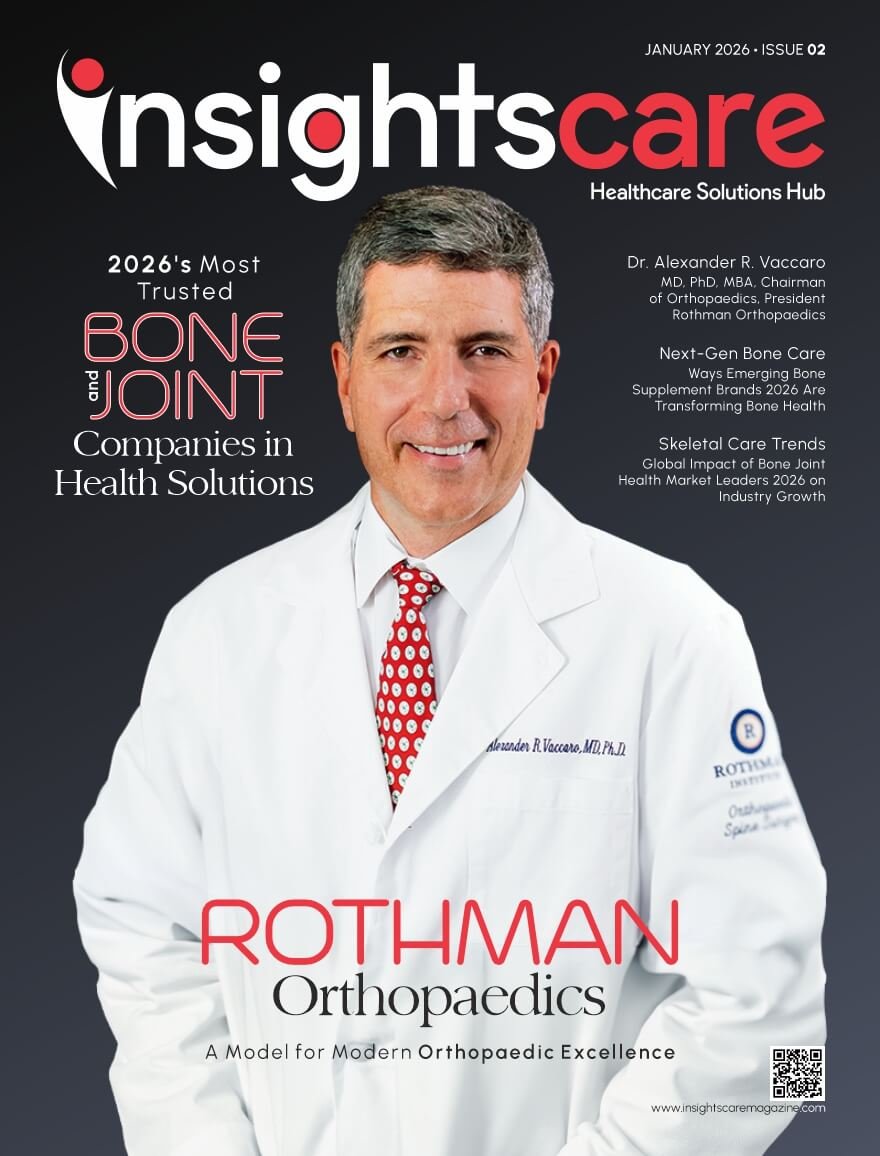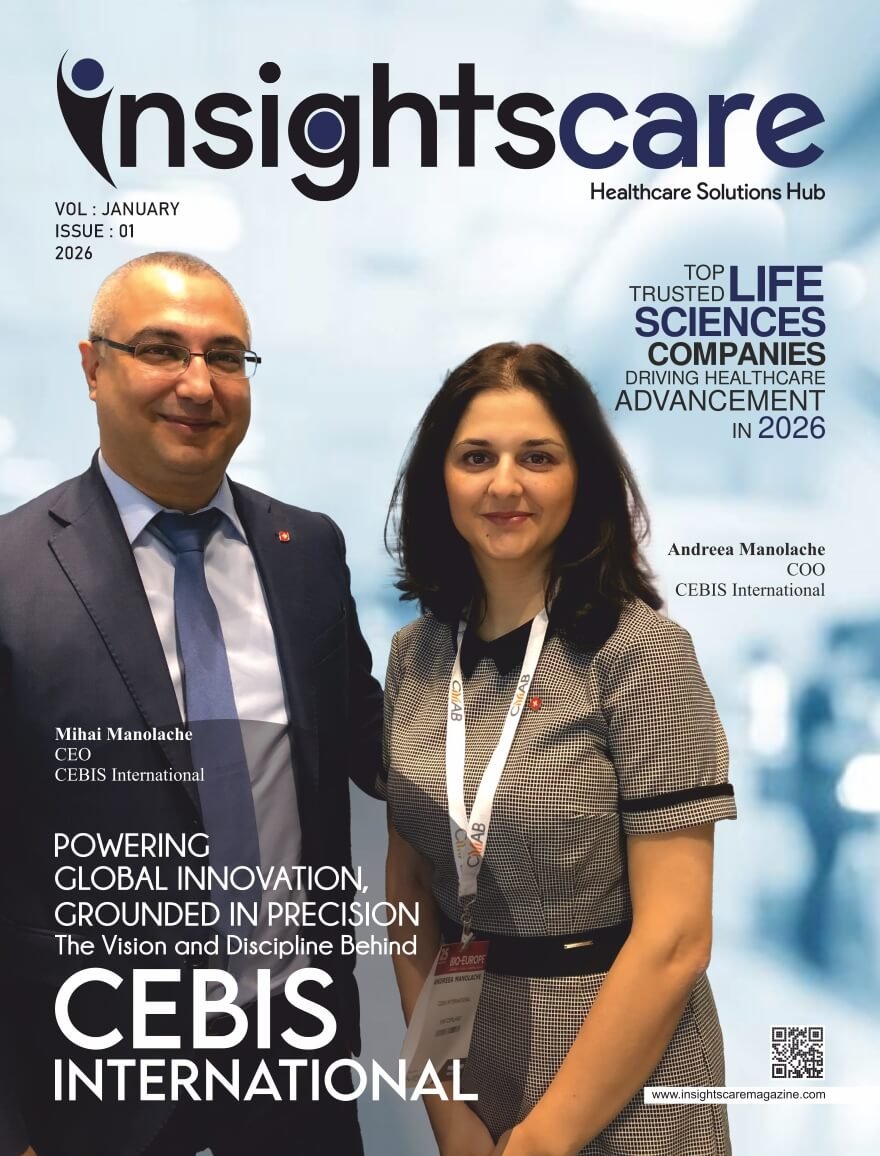Resilient Leadership
The health care sector is facing a fundamental shift, fueled by economic constraints, technology innovation, and changing patient expectations. Health care leaders are confronting challenges never seen before, ranging from dealing with increases in cost and regulation to coping with workforce shortages and implementing digital innovations. Resilient leadership has been identified as a key competency for getting through this changing landscape. By building adaptability, emotional intelligence, and strategic vision, health care leaders are able to not just weather but thrive in this rapidly changing landscape.
This article delves into the secrets of resilient leadership in healthcare’s changing economy, providing actionable insights for leaders to propel sustainable success.
Understanding the Changing Healthcare Economy
A number of converging factors determine the healthcare economy. Hospital budgets are strained by increased operating costs aided by inflation and ineffective supply chains. The changes in policy, such as the value-based care requirements, require the shift towards the new models based on the outcomes instead of the volume. Simultaneously, patients expect individualized, convenient care, which is enabled by digital platforms and telehealth technology.
Such pressures require leaders to go beyond the ordinary management strategies. Resilient leadership is an approach that focuses on the flexibility, emotional resilience, and the orientation towards the establishment of trust and innovation within the teams. By embracing such principles, leaders can guide their organizations through uncertainty whilst maintaining a firm belief in quality care and fiscal responsibility.
Key 1: Adaptability in Decision-Making
Adaptability is the key to resilient leadership. In an unpredictable economy, leaders must make decisions in the unknown, balancing short-term demands with long-term goals. Decision-making based on data can facilitate leaders in making their organizations more adaptable. Tracking patient results, financial performance, and operational performance through analytics helps leaders identify trends and adjust strategies in advance. Leaders who are flexible and adaptable instill flexibility and adaptability among their employees, enabling them to embrace uncertainty as an opportunity for improvement.
Key 2: Emotional Intelligence and Team Engagement
Healthcare is people-oriented, and effective leaders recognize the importance of emotional intelligence (EQ) to manage teams. High EQ leaders have the ability to place themselves in their employees’ shoes, understand their pressures, and build trust. With burnout rates nearing 50% for doctors and nurses in recent studies, leaders must participate in employee wellness to have an optimal workforce. Effective leaders use open communication and active listening to encourage a feeling of belonging. By showing empathy and taking care of team needs, leaders build a culture where employees are encouraged to deliver quality care in spite of pressure.
Key 3: Strategic Vision and Innovation
Strong leaders reconcile immediate issues with a firm future vision. In the changing economy of healthcare, that means accepting innovation in pursuit of greater efficiency and patient outcomes. Technologies like artificial intelligence, remote monitoring, and electronic health records are transforming care delivery. Leaders will have to decide which innovations align with their organization’s goals and invest accordingly. Innovation does require good thought management, however. Leaders must define the “why” of new projects, gaining the commitment of staff and lowering resistance.
Key 4: Financial Acumen and Resource Management
Financial pressures require leaders to have excellent financial skills. Resilient leaders also champion value-based care, linking financial incentives to patient outcomes. Through investments in preventive care and chronic disease management, organizations can mitigate the cost of costly hospital readmissions. Open budgeting and ongoing financial review guarantee accountability and enable leaders to anticipate economic changes, positioning their organizations for sustainability over the long term.
Key 5: Stakeholder Collaboration and Advocacy
Healthcare leaders are working in a multiplex ecosystem of stakeholders, led by patients, employees, regulators, and payers. Resilient leadership necessitates forming close partnerships to fuse interests and propel system transformation. Leaders also need to promote policies that facilitate healthcare affordability and equity. Negotiating with policymakers to guide rules or gain funding for mental health care, for instance, can improve community health outcomes.
Building a Resilient Future
Multidimensional approach is essential to the resilient healthcare leadership in the shifting economy. Leaders must be strategic, emotionally intelligent and flexible but they must be financially literate and cooperative. Through developing these qualities, they are able to manage the financial obstacles, motivate their staff, and provide good care.
The path forward includes continuing education and a willingness to adapt. Those who invest in investing in themselves—through mentoring, training, or peer networks—are best equipped to lead their organizations. Through the ongoing transformation of the healthcare economy, resilient leaders will not just survive but thrive and establish a future where quality care and economic viability exist side by side.










